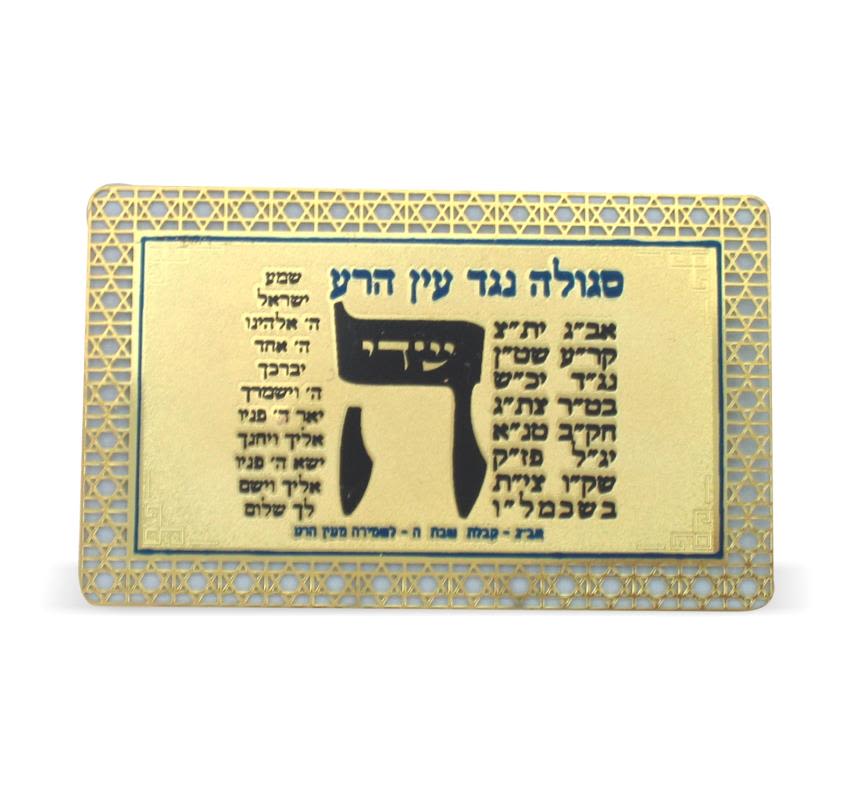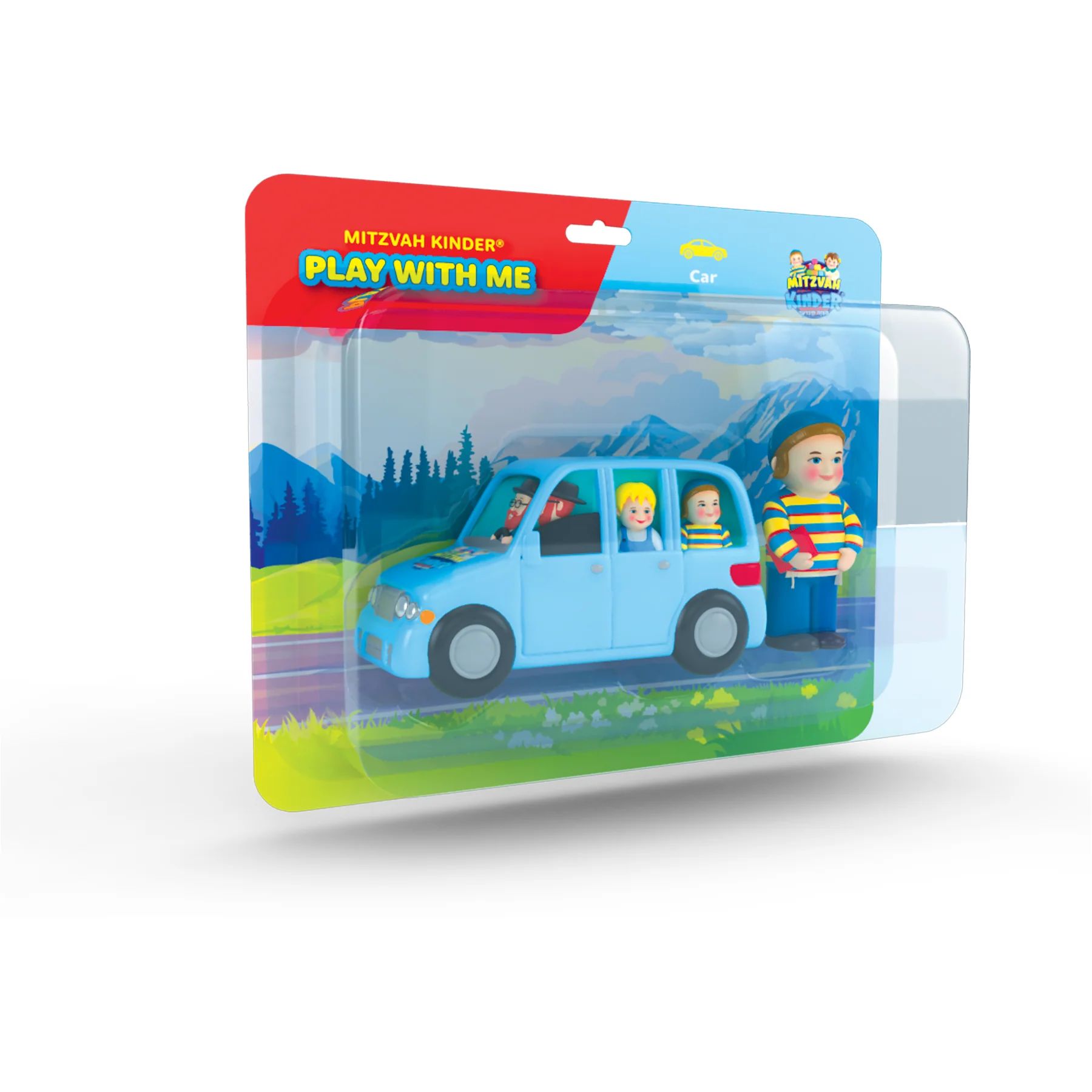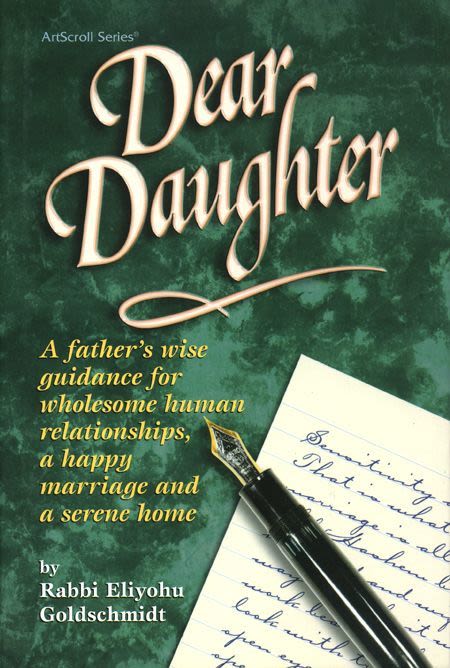
The Interview
The Jewish Agency’s biggest concern was my education - a theological degree from a Christian University was not a promise for a great future in Israel. They had suspicions…

Strangers No More, Part 18
My next step was to go to the Jewish Agency in Jerusalem. Without their blessing, I was told I would not make it. There are many capital cities in the world, but there is only one Jerusalem. How different and holy was Jerusalem! I was surrounded by this feeling as soon as I got off the bus on Jaffa Road. I was not used to wearing a kippah (traditional Jewish head covering for men). I had been a Jew only for a few months, but in this holy city, I felt I had to cover my head and in an instant, the kippah was in place.
Before doing anything else, I headed to the Kotel (the Western Wall), the remnant of the Second Temple and the closest Jews can come to the place chosen by God to manifest His glory on earth. The place every Jew faces in prayer wherever in the world he might be. I caressed the huge, old stones, so smooth from all the hands that touched them. I felt a connection to the generations who had stood there praying to the One God, whose glory once rested on this place at the inauguration of the Temple (2 Chron. 7). This was not just an archeological site. It was a holy place chosen by God, in which His Name will dwell forever. In the coming days this will also be the site for the third Temple, the eternal one. “My eyes and my heart will always be there,” says God in His response to Solomon’s prayer (2 Chron. 7:16).
The past is great, but the future is even greater. God removes his presence (temporarily) from places, but not from His people. In Haftarat Tetzaveh (the prophet text read on the Shabbat when the Torah portion Tetzaveh is recited) we are reminded through the prophet Ezekiel how God withdrew his Shechinah (divine glory) from the Temple because of the sins of the people, leaving it an empty shell vulnerable to the Babylonian Army. The strong message is that God will nevertheless share the exile with the people and bring them home again. Ezekiel also had a clear vision of the third Temple being erected and God’s presence returning: “When the Lord brought back the captives to Zion, we were like men who dreamed. Our mouths were filled with laughter, our tongues with songs of joy. Then it was said among the nations, ‘The Lord has done great things for them.’ The Lord has done great things for us, and we are filled with joy. Restore our fortunes, O Lord, like streams in the Negev. Those who sow in tears will reap with songs of joy. He who goes out weeping carrying seed to sow, will return with songs of joy, carrying sheaves with him. (Psalm 126).
My moment of prayer at the Wall filled me with strength, which I needed for my next visit, this time to the Jewish Agency. Little did I know how much strength and courage I would actually need for this appointment. The meeting seemed to be well prepared. My file was already open when I entered the office. The information they had about me and my family was quite detailed, but in their view it left room for many questions. Their biggest concern was my education; coming to Israel with a theological degree from a Christian University was not a promise for a great future. Suddenly I understood their suspicions. Was there some organization backing us and taking care of us from the day we were to set foot in Israel? I had to use all my powers of persuasion to reassure them that this was not the case. We had no hidden agendas. We were for real. We were Jews. No country in the world could replace Israel for us. Making aliyah meant coming home and beginning a new life.
The Jewish Agency official was still doubtful about our chances of success. I agreed it would be difficult, but continued to explain our case, because I saw she was beginning to listen. “It is neither logical nor rational for us to come, but as a Jew I need and want to live within the borders of Eretz Yisrael. If I were to act only according to rationale, I would not come, but that is not how I have arrived at this decision. This is a decision we have taken in faith. This is my answer to God’s promise of a Land for His people, a land not only with a great history, but a land with an even greater future. If I’m not coming home I’m disappointing He who prepared all this for me. I have to listen to my heart, to my soul. You can have only one loyalty. You cannot serve two masters. Compromise makes you weak, it divides your strength. I have made radical moves in my life, but I still have strength for one more move – to Israel. My loyalty is with the God of Israel, with His people and His Land. Now I am a Jew. If I’m not coming home to Israel, who is…?”
I could have kept going, but I restrained myself. It seemed to me that the official was moved and I did not want to stir up any difficult feelings. She wiped tears from her eyes. “I’m thinking of my own family back home in the States, I only wish that they were as strongly Zionist as you are, and would come on aliyah. I’m the only one here out of my family, and I’m always trying to encourage them to come, but so far with no luck. I hope that they one day will talk like you and make the same decision.”
I had made my point very clear. It was obvious we would receive our recommendation for aliyah. And their suspicion? For the moment, it seemed they had put it aside, but they would be checking up on me later.
So far, I had found an acceptable place to live, and had succeeded in convincing the Jewish Agency of our suitability for aliyah. These achievements made me feel that my pilot trip was going well. But there was still a major challenge ahead – looking for a job. Through the British Olim Society and the Jewish Agency, I received a few contacts, but they did not lead to anything concrete. To get a job, either you need to be sent to Israel by the company you work for abroad, or you need to be permanently living in the country. Neither of these alternatives were relevant to us yet, so it seemed that I would have to wait until we were permanent residents in the country before I could begin job searching.
After one hot, hectic week in Israel, I was on my way back to Finland. As we flew over the beautiful Mediterranean, I felt happy and convinced that the family would be on its way very soon. After all, we were on the waiting list to the Merkaz Klita in Ra’anana, and as soon as they had room for us, we could move as soon as we wanted. I had a feeling that our daughters would like what they saw from the pictures of my trip – the decision which pictures to show them was mine.
(Strangers No More, by Shlomo Brunell. Reprinted with courtesy of Gefen Publishing House 2005 www.gefenpublishing.com)












Tell us what you think!
Thank you for your comment!
It will be published after approval by the Editor.